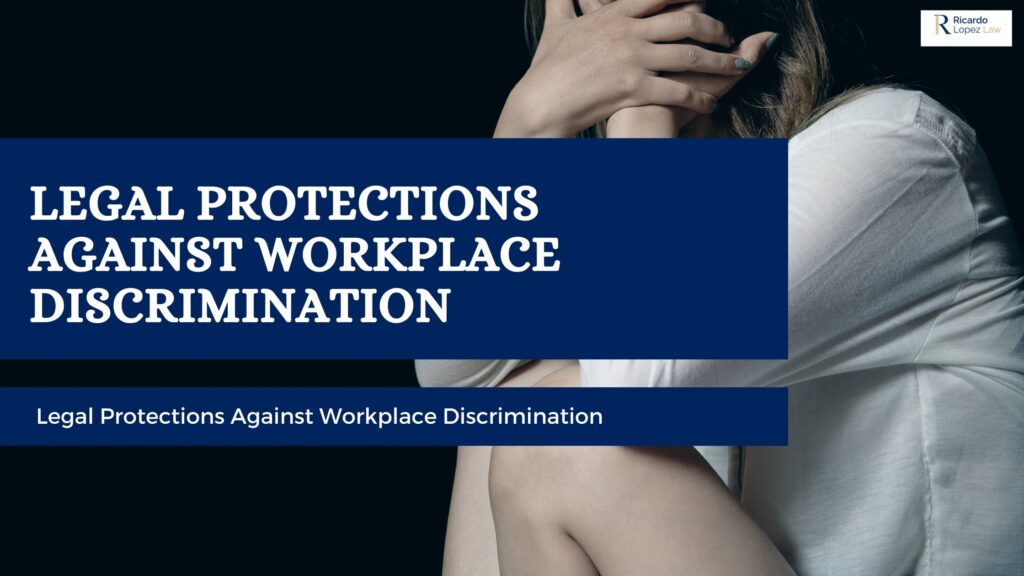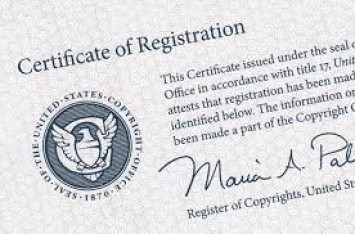Understanding Your Rights Against Discrimination in the Workplace
Discrimination in the workplace is a serious issue that affects many individuals across various industries. If you are being treated unfairly because of your race, gender, nationality, or other protected characteristics, it is important to understand that such treatment is illegal under federal law. Workers have rights, and these rights are protected to ensure a fair, respectful, and equitable working environment for everyone.
At Legal Marketplace CONSULTANT, we prioritize your awareness and protection against workplace discrimination. This comprehensive article seeks to guide employees through the essential steps and legal frameworks available when faced with discrimination, ensuring you know how to act, whom to approach, and what legal measures you can take.
What Constitutes Workplace Discrimination?
Workplace discrimination involves unfair or unequal treatment of an employee or job applicant based on certain protected characteristics. These characteristics include race, color, religion, sex (including pregnancy, gender identity, and sexual orientation), national origin, age (40 or older), disability, or genetic information. The law prohibits discrimination in all employment practices, including hiring, firing, promotions, job assignments, pay, and training.
Discrimination can take various forms, such as overt actions or subtle behaviors. Examples include racial slurs, exclusion from workplace activities, unequal pay for the same work, denial of promotion based on gender, or harassment targeting a protected group. Understanding what constitutes discrimination is the first step in protecting your rights.
Federal Laws Protecting You from Discrimination
Several federal laws exist to protect employees from discrimination in the workplace. The most prominent among these laws include:
- Title VII of the Civil Rights Act of 1964 – prohibits discrimination based on race, color, religion, sex, or national origin.
- The Equal Pay Act of 1963 – addresses wage disparities based on gender.
- The Age Discrimination in Employment Act of 1967 (ADEA) – protects employees 40 years and older from age-based discrimination.
- The Americans with Disabilities Act of 1990 (ADA) – prohibits discrimination against individuals with disabilities.
- The Genetic Information Nondiscrimination Act of 2008 (GINA) – bars discrimination based on genetic information.
These laws are enforced by the U.S. Equal Employment Opportunity Commission (EEOC), which investigates complaints of discrimination, mediates disputes, and can file lawsuits on behalf of employees.
Recognizing Unlawful Discrimination
Unlawful discrimination is any treatment that adversely affects an employee’s terms, conditions, or privileges of employment due to their protected status. This includes:
- Disparate Treatment – when an individual is treated differently than others because of a protected characteristic.
- Harassment – hostile work environment created through offensive jokes, slurs, or physical threats.
- Retaliation – punishment or adverse actions taken against an employee for filing a complaint or participating in an investigation.
- Failure to Provide Reasonable Accommodation – not accommodating an employee’s disability or religious practices when it does not impose undue hardship on the employer.
Identifying such behavior promptly will help in taking the necessary action to protect your rights.
Steps to Take if You Experience Discrimination
If you believe you have been discriminated against at work, it is essential to take specific steps carefully to ensure your case is documented and legally viable.
- Document Every Incident — Keep a detailed record of discriminatory acts, including dates, times, places, individuals involved, and descriptions of each occurrence.
- Identify Witnesses — Gather names and contact information of coworkers or others who witnessed the discriminatory behavior.
- Report Internally — Submit a formal written complaint to your Human Resources department or designated company official.
- Keep Copies — Maintain copies of all correspondence and reports related to your complaint.
- Follow Up — If your complaint is not addressed adequately, escalate the matter by filing a charge of discrimination with the EEOC within the statutory time limits, usually 180 days from the incident.
Taking these steps not only documents the discrimination but also complies with procedural requirements necessary for legal action.
Filing a Complaint with the EEOC
The Equal Employment Opportunity Commission (EEOC) is the federal agency responsible for enforcing laws against workplace discrimination. After exhausting internal complaint procedures, employees can file a charge with the EEOC to seek redress.
The process involves:
- Filing a formal charge of discrimination, describing the alleged discriminatory acts in detail.
- EEOC investigation where evidence is collected, which may include interviews and document reviews.
- Mediation or settlement attempts negotiated by the EEOC between the employee and employer.
- If unresolved, the EEOC may file a lawsuit or issue a right-to-sue letter, allowing the employee to pursue legal action independently.
Understanding and utilizing the EEOC’s procedures can be vital for a successful resolution to discrimination cases.
Protection Against Retaliation
The law not only protects employees from discrimination but also safeguards them from retaliation for asserting their rights. Retaliation can include termination, demotion, harassment, or any adverse change in employment conditions after an employee complains about discrimination or participates in an investigation.
If you experience retaliation, it is illegal and should be reported immediately, following similar steps as discrimination complaints. Reporting protects you from further harm and strengthens your legal position.
How Legal Assistance Can Help
Navigating workplace discrimination laws and procedures can be complex and daunting. Legal assistance can provide you with the expertise necessary to protect your rights effectively. At Legal Marketplace CONSULTANT, our experienced legal professionals are ready to guide you through every step of the process, from documenting incidents to filing claims and representing you in negotiations or court.
Benefits of obtaining legal help include:
- Ensuring your complaint is appropriately documented and timely submitted.
- Advising you on the strength of your claim and potential outcomes.
- Negotiating settlements that compensate for emotional distress, lost wages, and other damages.
- Protecting your employment and preventing unlawful termination or retaliation.
- Representing you before the EEOC, in mediation, or in court if necessary.
Taking Action: How to Reach Legal Marketplace CONSULTANT
If you believe you are being discriminated against or have experienced retaliation in your workplace, prompt action is key. Legal Marketplace CONSULTANT offers confidential and professional legal consultation tailored to your specific situation. You can reach out to us through the communication channels provided in our bio, or send us a private message for a discreet and comprehensive discussion of your case.
Our team is committed to supporting employees like you to ensure workplace fairness, dignity, and justice prevail. Remember that ignoring discrimination can perpetuate injustices, but taking informed and legal action can alter your work life positively.
Your Rights Matter: Empowering Yourself Against Discrimination
Understanding your rights is the first step toward empowerment. Workplace discrimination violates federal laws designed to protect every employee’s dignity and equality. By knowing the signs of discrimination, documenting incidents thoroughly, reporting through the correct channels, and seeking legal counsel, you can safeguard your employment and work environment.
Legal Marketplace CONSULTANT stands beside you as a protector, advisor, and advocate. We challenge discriminatory practices and work tirelessly to ensure justice and compensation are attainable for those wronged. Remember, you do not have to face discrimination alone.
Discrimination in the workplace based on race, gender, nationality, or other protected characteristics is illegal under federal laws designed to protect employees' rights. To defend yourself, it is imperative to document incidents carefully, report issues in writing to HR, and escalate complaints to the EEOC if necessary. Retaliation for such complaints is unlawful and should be reported promptly. Legal assistance from professionals such as those at Legal Marketplace CONSULTANT can provide vital support in protecting your job, securing your rights, and recovering any damages incurred.
Taking timely and informed action can make all the difference. If you need expert legal help, do not hesitate to reach out through our communication channels listed in the bio or send a private message. Your rights and dignity at work matter profoundly, and with the right support, you can overcome discrimination and achieve justice.
Legal Marketplace CONSULTANT is committed to providing comprehensive legal support against workplace discrimination, protecting your rights with professional expertise and dedication.
We ensure your privacy and confidentiality during consultations, empowering you to speak openly about your workplace issues without fear.
Our expert legal team offers personalized guidance and representation to pursue justice and fair compensation for discrimination victims.































